Performance advantages and application areas of forged wheels
Superior Strength and Durability of Forged Wheels
The Forging Process: Precision and Structural Integrity
Forged wheels start as raw metal that gets hammered into shape through compressive forces during the forging process. What happens here is pretty amazing the metal grains actually line up along the direction of force, making the final product much stronger than it would be otherwise. When compared to cast wheels, there's a world of difference. Cast wheels tend to have air pockets inside them because of how they're made, which weakens their overall structure. Tests on the microscopic level show forged wheels can handle way more weight before failing, something that matters a lot when talking about safety and longevity. That extra strength explains why so many high performance vehicles and heavy duty equipment rely on forged wheels instead of cheaper alternatives. They just don't wear out as fast under tough conditions either.
Comparing Forged vs. Cast Wheels: Why Strength Matters
Forged wheels tend to be around 20 to 30 percent stronger compared to cast wheels, which means they perform better when put under pressure. Some tests show these forged versions can take on more torque and weight without warping or breaking apart. The extra strength really matters for road safety, affecting how well cars stop and maintain control during acceleration. Drivers who opt for forged wheels often report feeling much more confident behind the wheel, especially when driving through tough terrain or in harsh weather conditions where regular wheels might fail. Most mechanics will tell anyone serious about performance that this difference makes all the difference in the world.
Applications in High-Stress Environments (e.g., Racing, Off-Road)
Forged wheels really shine in those intense situations we see in motorsports and rugged terrain adventures. They hold up so much better under punishing speeds and tight turns, cutting down on the chances of wheels giving out when it matters most. Off-road drivers know this firsthand too since these wheels can take serious punishment from rocks, dirt tracks, and whatever else gets thrown at them during rough rides. Look at what top racing crews and serious off-road gear makers have been doing for years now. Their real world testing shows why forged wheels stay the preferred choice when both speed and staying safe are absolute musts.
Weight Reduction and Performance Advantages
Lighter Design, Better Fuel Efficiency
Forged wheels get a lot of praise because they're so light compared to standard wheels. This reduced weight cuts down on how much the whole car weighs, which makes it burn less fuel overall. Some studies indicate that if someone manages to cut wheel weight by around 10 percent, they might see about a 1 to 2 percent improvement in gas mileage. That kind of difference adds up over time, especially when making those long road trips or commuting back and forth every day. The lighter build also means better balance across the vehicle. When the weight is distributed properly between front and rear wheels, cars handle corners better and respond more predictably during sudden maneuvers. Drivers notice this as smoother rides without sacrificing speed, plus there's always that extra money saved at the pump.
Improved Handling for All-Terrain Tires and Off-Road Adventures
When it comes to off road driving, forged wheels really step up the game for all terrain tires, giving drivers better stability and grip where they need it most. The numbers don't lie either these wheels deliver sharper cornering and way better traction, which means less chance of getting stuck when roads get rough. People who've actually driven with forged wheels tell stories about how much difference they make during serious off road adventures. Motorists tackling rocky trails or muddy paths find their vehicles handle challenges far better than stock wheels ever could. For anyone serious about conquering tough terrain, investing in forged wheels makes sense both practically and economically over time.
Impact on Acceleration and Braking Dynamics
Forged wheels cut down on unsprung weight, which makes a big difference when it comes to how fast a car can accelerate and how short those braking distances become. When we look at what happens with lighter wheels, they just plain work better for handling. Drivers notice this immediately through sharper responses from the steering and more predictable control during cornering. Test after test shows these improvements, especially when brakes need to grab harder. The simple fact remains though wheel weight matters tremendously for both stopping power and getting up to speed quickly. Mechanics know this well because every ounce saved translates directly into performance gains on the road.
Enhanced Safety and Corrosion Resistance
Reduced Risk of Deformation and Cracking
Forged wheels stand out because they just don't bend or crack as easily as other options. For people who drive on rough roads or off-road trails, this makes all the difference in terms of staying safe. Some data shows cars with forged wheels actually have fewer problems with wheels breaking down than ones with regular cast wheels. Why? Because these forged wheels can handle wear and tear much better over time, which explains why mechanics recommend them for trucks that spend long hours on the road. When looking at how they're built and what materials go into making them, it's no wonder drivers feel more confident knowing their wheels won't let them down when things get tough.
Longevity in Harsh Conditions (Jeep Rims, Off-Road Tires)
When it comes to rough terrain, forged wheels just plain beat the competition. They last way longer than standard wheels, which matters a lot for Jeeps and those big off-road tires that get tossed around on rocky trails and muddy tracks. What makes forged wheels so tough? Well, they're built differently from the start. Regular wheels tend to bend or crack under pressure, but forged ones hold up when things get really rough. Mechanics who work on off-road vehicles constantly talk about how these wheels survive what others simply can't. Take a look at any serious four-wheel drive forum and people will tell stories about their forged wheels holding up through snowstorms, desert crossings, and everything in between. For anyone planning serious off-road adventures, this kind of durability means fewer repairs and more time actually exploring instead of fixing broken parts.
Chrome Wheels: Combining Aesthetics with Durability
Chrome plated forged wheels really do manage to mix looks with lasting power against rust, keeping that shiny good looks even after years on the road. People love how they look while still holding up to all sorts of weather conditions. The market for these kinds of wheels is growing fast according to various trade publications, especially among car enthusiasts who want something that stands out visually but won't fall apart at the first sign of rain or salt from winter roads. Most buyers pick chrome wheels because they catch attention when parked and stay looking great despite whatever Mother Nature throws at them. That combination of eye catching design plus practical protection makes them popular across different vehicle types where style matters just as much as how long things last.
Versatile Applications Across Industries
Motorsports: Dominating the Track with Forged Wheels
In motorsport circles, forged wheels stand out for their impressive strength while keeping weight down, which makes all the difference on the track. These wheels beat regular alternatives because they last longer without adding extra pounds to the car, helping drivers go faster and handle corners better during races. Look at any serious competition results and it becomes clear why teams spend so much time choosing wheels - the right ones can cut seconds off lap times and completely change how a car behaves around turns. From high speed circuits in Formula 1 to rough terrain in rally events, professional racers rely heavily on forged wheels across different racing disciplines. Their popularity isn't just marketing hype; these wheels genuinely help push vehicles to their limits when every millisecond counts.
Off-Road Vehicles: Built for Rugged Terrain and Jeep Rims
Forged wheels offer something manufacturers need when building those tough off-road vehicles with those iconic Jeep rims everyone loves. These wheels just plain hold up better against rough stuff like rocks, mud, and gravel because they're built tougher from the start. Nobody wants their wheels cracking apart mid-trip through some mountain trail after all. Look at how these wheels perform out there in the wild - they keep going even when things get really nasty. That's why so many folks who modify their trucks and Jeeps are jumping on the forged wheel bandwagon lately. People who spend weekends crawling through dirt tracks or tackling desert dunes know reliability matters more than anything else when they're far from civilization.
Commercial Use: Efficiency and Reliability for Heavy-Duty Demands
Commercial sectors increasingly turn to forged wheels because they perform well when subjected to heavy loads and harsh conditions. Logistics companies and construction firms especially see real value in these wheels since they cut down on repair expenses and keep operations running smoothly for longer periods. The durability factor is huge too many fleets report getting thousands more miles out of forged wheels compared to standard alternatives. As businesses look for ways to build tougher equipment without breaking budgets, forged wheels represent a smart investment. Their strength characteristics allow trucks and machinery to handle tougher jobs day after day, which explains why so many fleet managers now consider them essential components for serious work environments.
Recommended Products
 Hot News
Hot News
-
Forged Carbon Products
2024-05-21
-
Forged Off-Road Accessories
2024-05-21
-
GVICHN Introduces Revolutionary Forged Two-Piece Product
2024-05-21
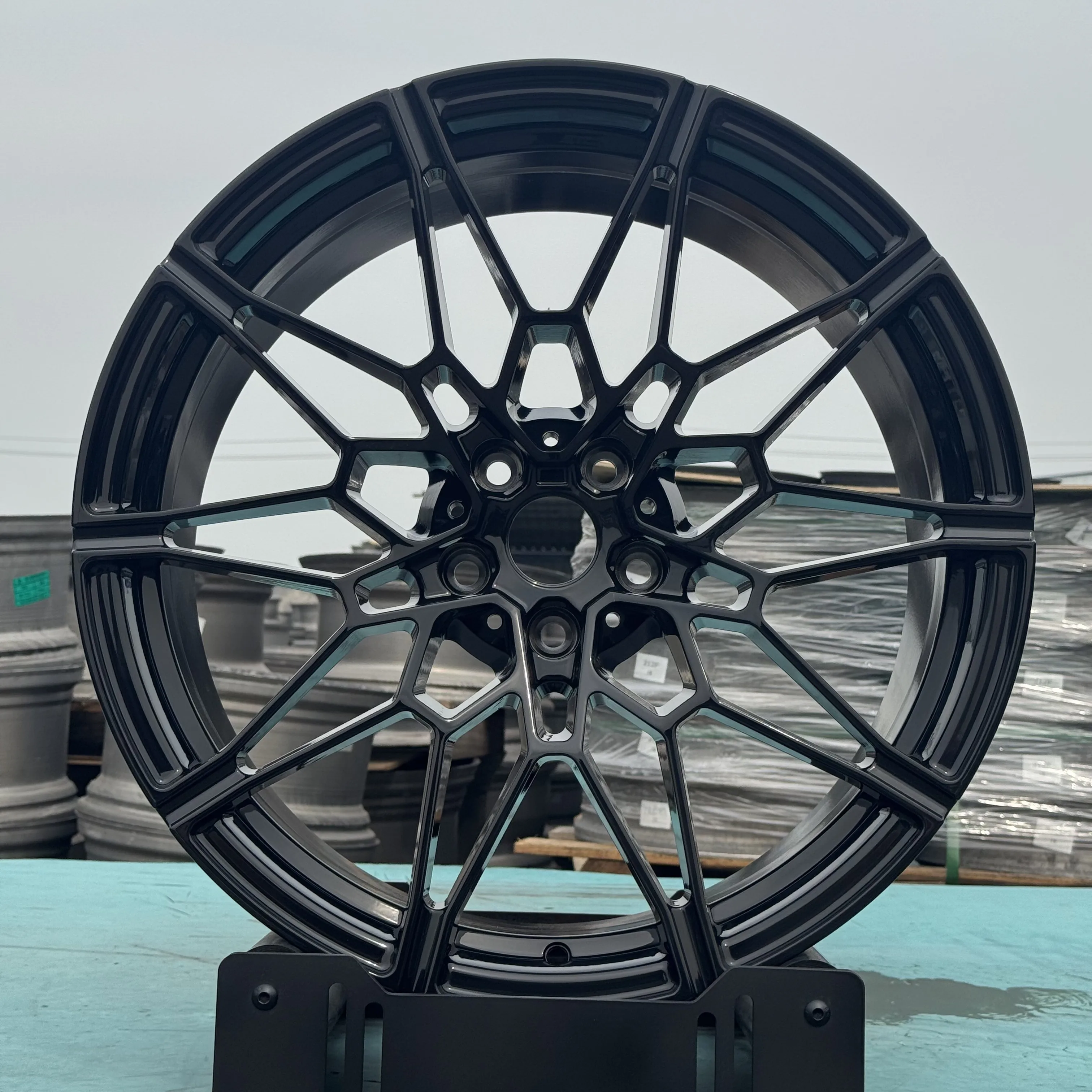

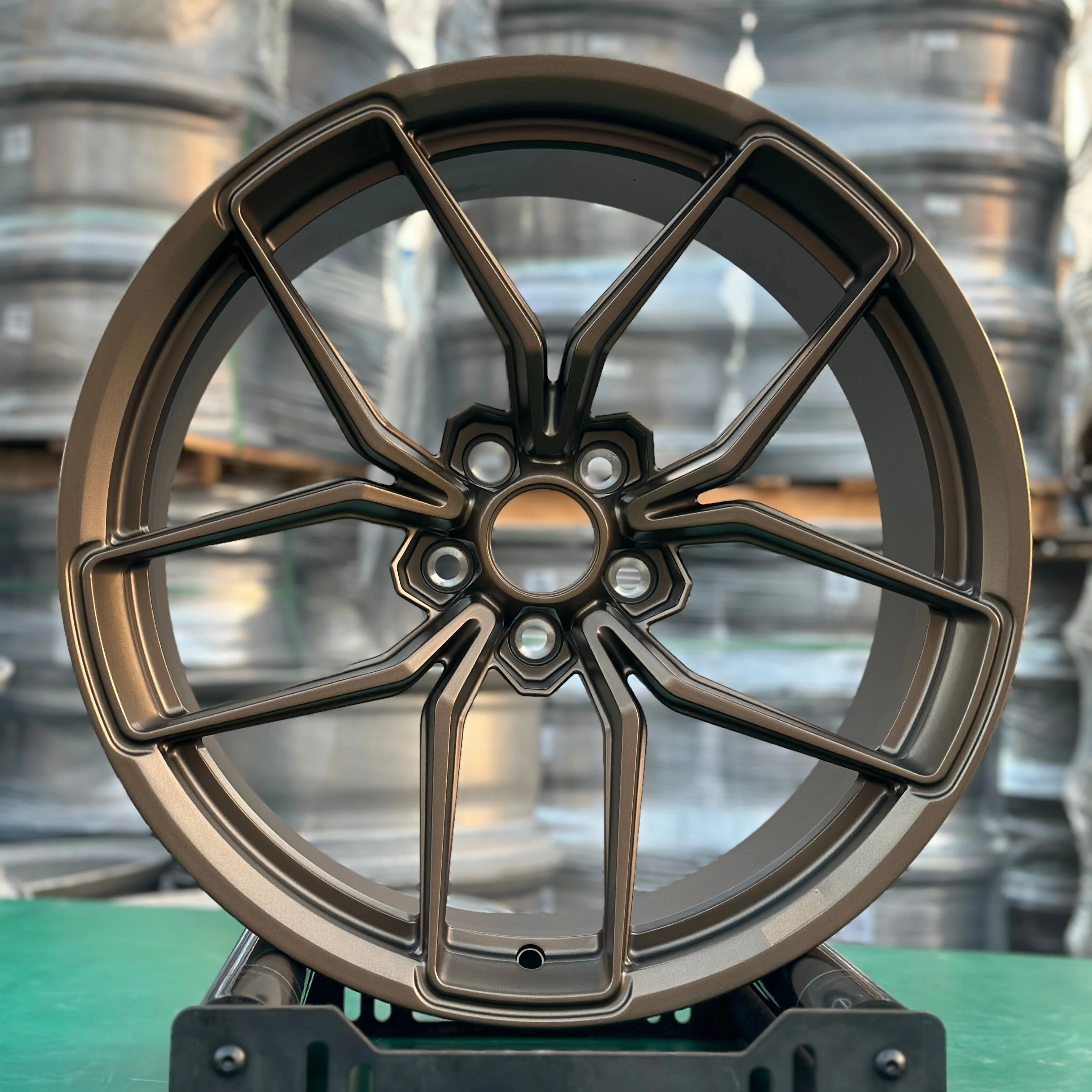
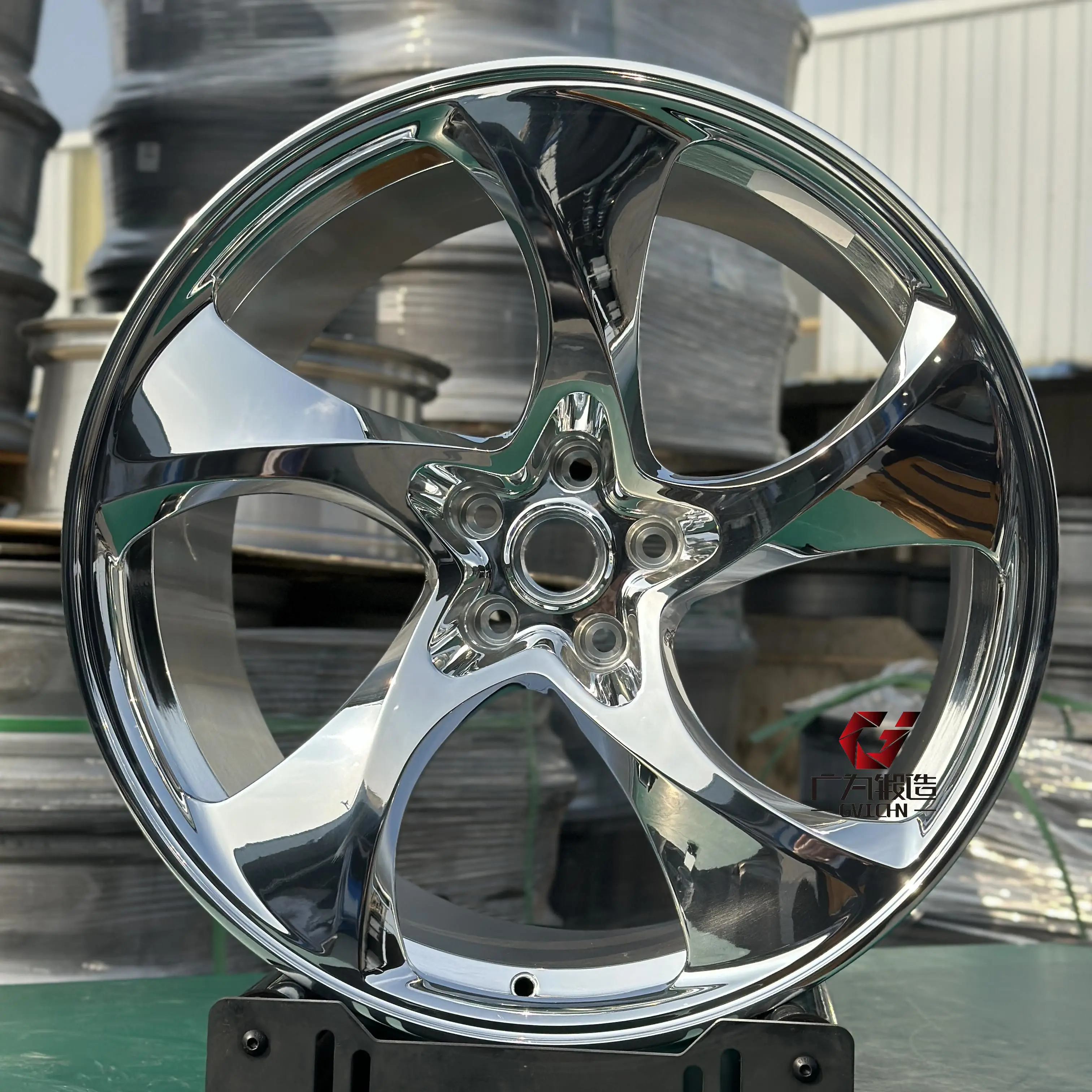
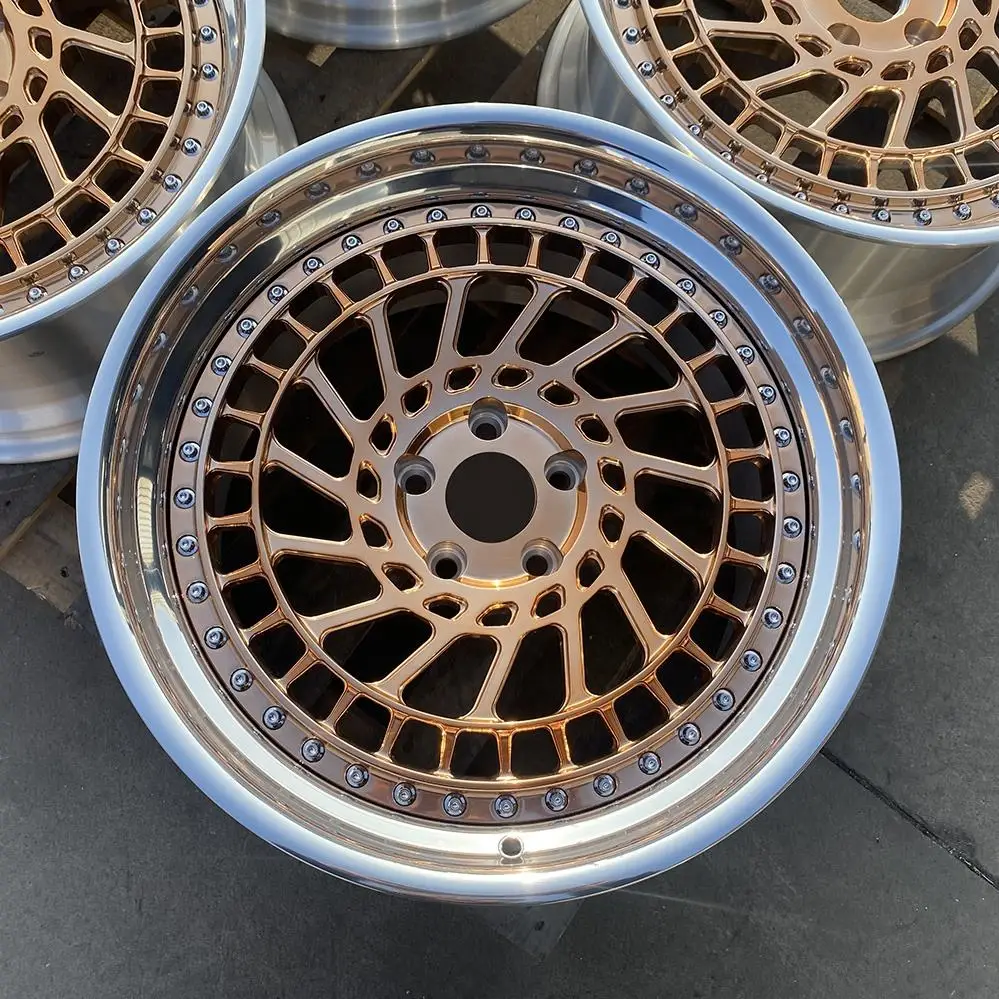
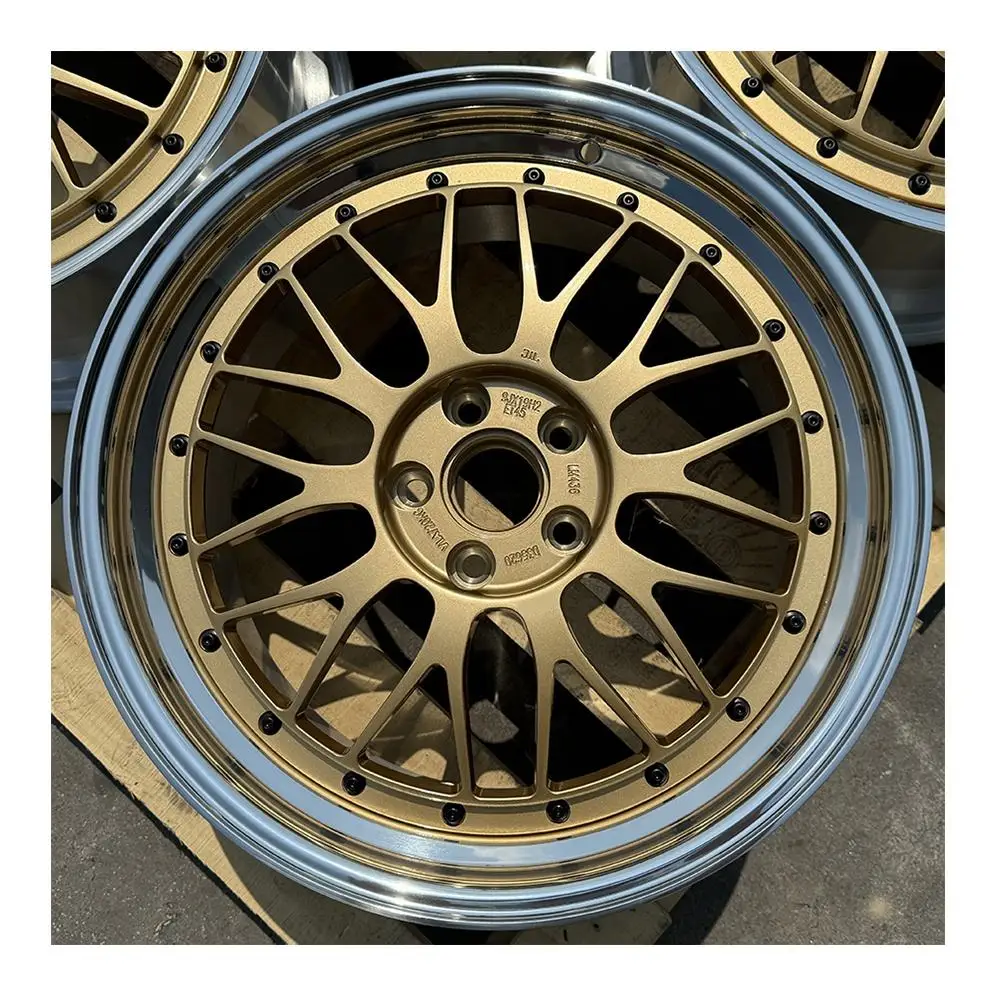
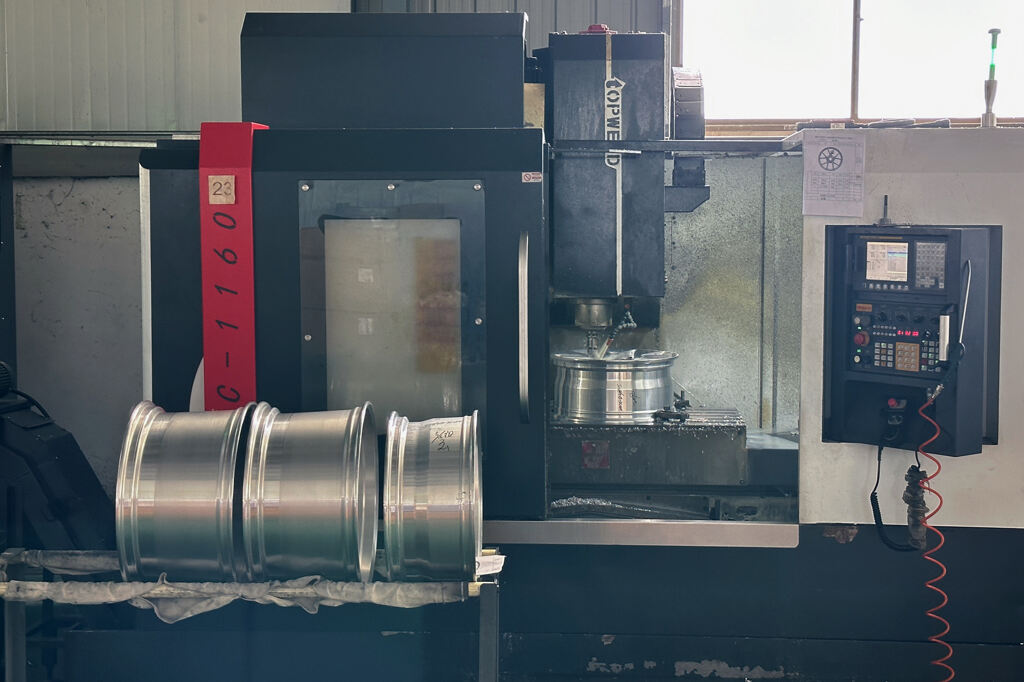
 ONLINE
ONLINE